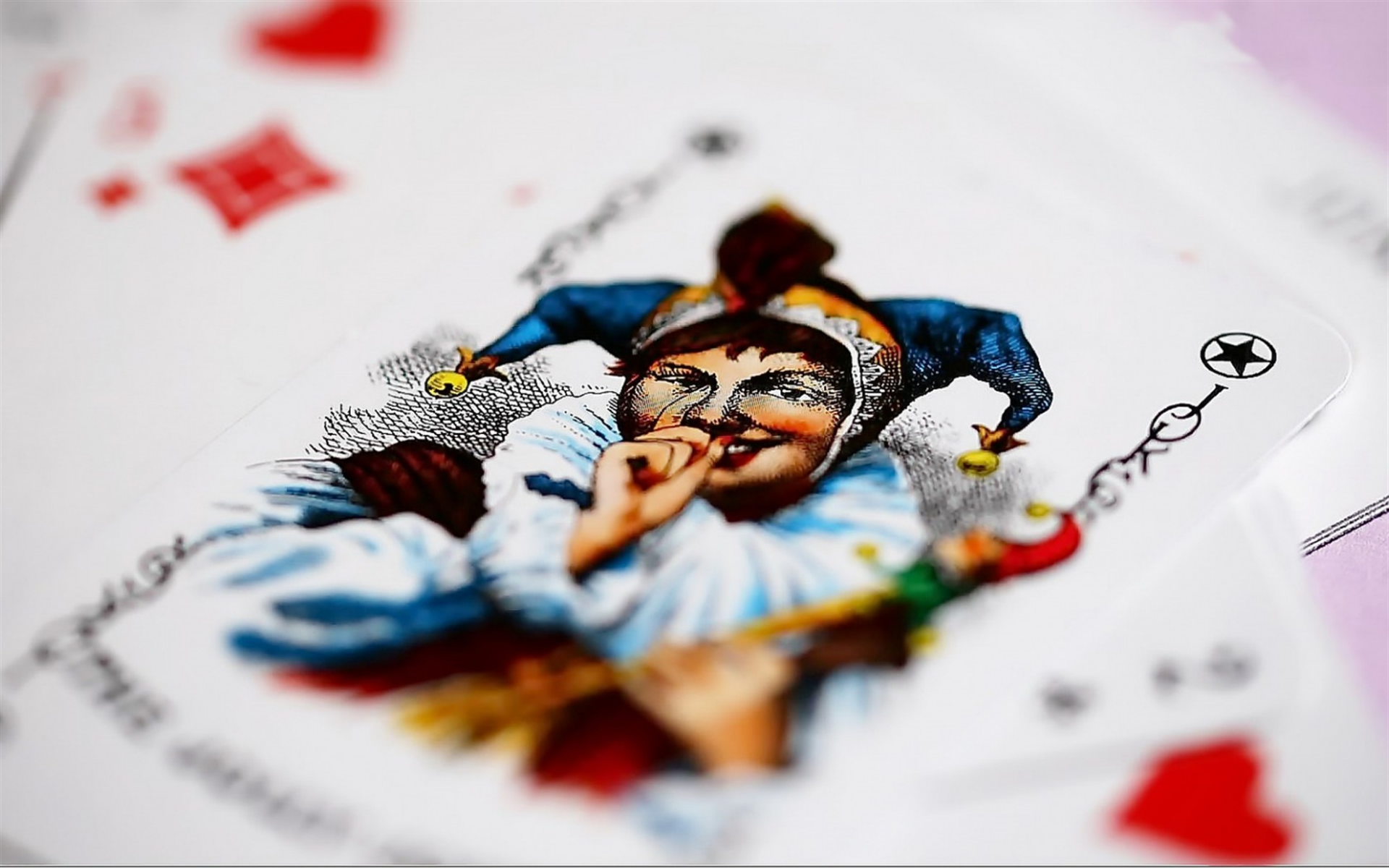In today’s rapidly advancing technological era, gaming has become an integral part of our lives. With the surge in popularity of video games and online platforms, the world of gaming has expanded exponentially. While gaming provides entertainment, relaxation, and social interaction, it is crucial to recognize and address potential issues associated with problem gambling.
Understanding Problem Gambling
Problem gambling refers to the uncontrollable urge to gamble despite experiencing negative consequences. It is important to distinguish between recreational gaming and problem gambling. Recreational gaming involves harmless enjoyment, while problem gambling becomes a chronic concern that affects an individual’s overall well-being.
Problem gambling can manifest in different ways, such as excessive time spent gaming, failed attempts to stop or reduce gaming, neglecting personal or professional responsibilities, and psychological distress when unable to engage in gaming activities. Recognizing these signs is essential in order to address the issue effectively.
The Role of Mindfulness
Mindfulness can be a powerful tool in managing problem gambling. By cultivating awareness and focusing on the present moment, individuals can develop a healthier relationship with gaming. Mindfulness allows individuals to observe their thoughts, emotions, and behaviors surrounding gaming without immediate judgment or reaction.
Through practicing mindfulness, individuals can become more attuned to their triggers and underlying issues that lead to problem gambling. This self-awareness becomes a valuable asset in developing strategies for managing and reducing gaming-related problems.
Tips for Mindful Gaming
1. Set Boundaries: Establish clear guidelines for gaming sessions, including specific start and end times. Limit the amount of time dedicated to gaming to strike a healthy balance with other aspects of life.
2. Take Breaks: Incorporate regular breaks during gaming sessions to rest, stretch, and engage in other activities. This helps to prevent excessive and prolonged gaming sessions.
3. Stay Connected: Maintain social connections outside of the gaming world. Engage in offline activities, spend time with loved ones, and participate in hobbies that do not involve gaming. This promotes a more balanced lifestyle.
4. Practice Self-Care: Prioritize self-care routines to ensure physical, emotional, and mental well-being. Engage in activities such as exercise, meditation, reading, or pursuing personal interests.
5. Seek Support: If gaming addiction becomes unmanageable, seek professional help or reach out to support groups. Many resources are available to provide guidance, support, and strategies for overcoming problem gambling.
Conclusion
Gaming is a popular recreational activity enjoyed by millions. However, it is important to be mindful of the potential risks of problem gambling. By recognizing the signs of problem gambling and implementing mindfulness techniques, individuals can manage their gaming habits and transform them into a healthy and balanced part of life. Remember, moderation, self-awareness, and self-care are key to ensuring a positive gaming experience for all.

